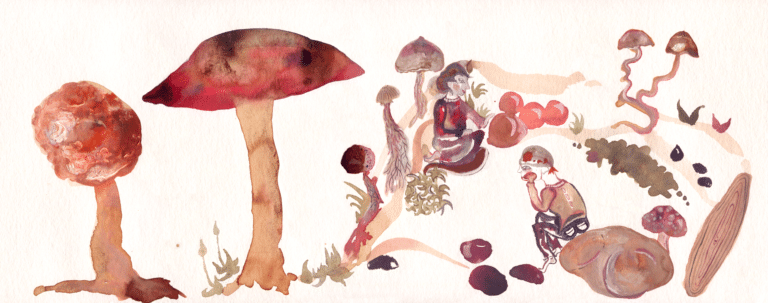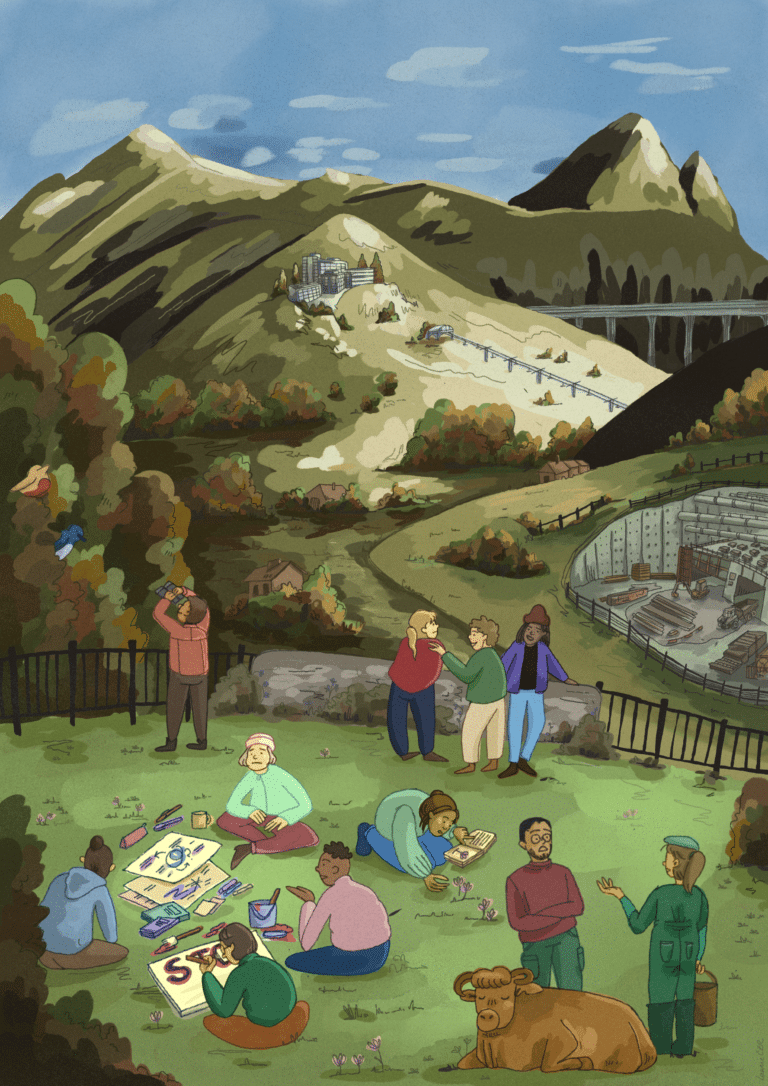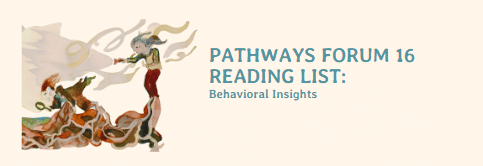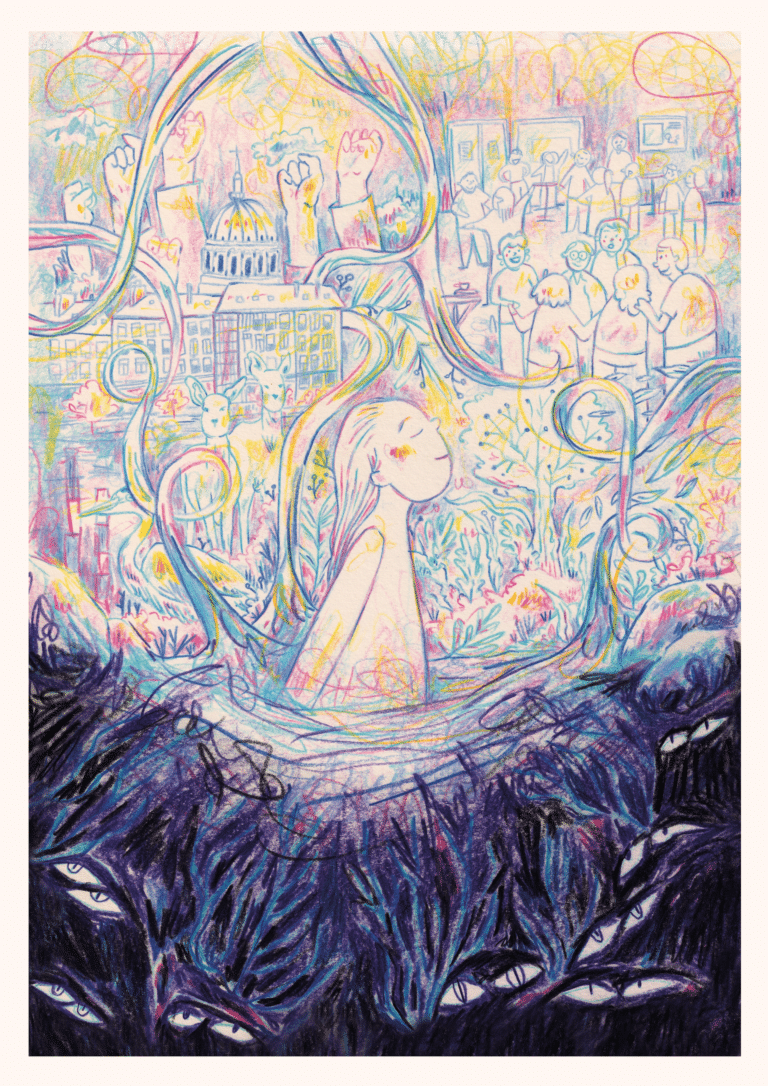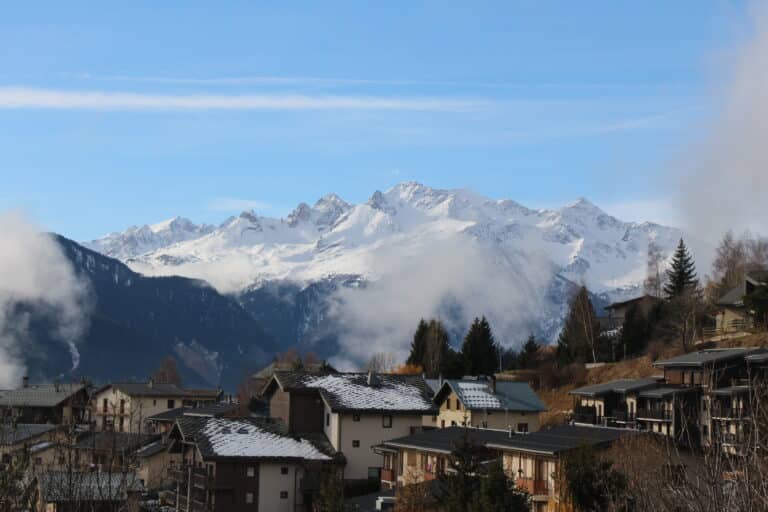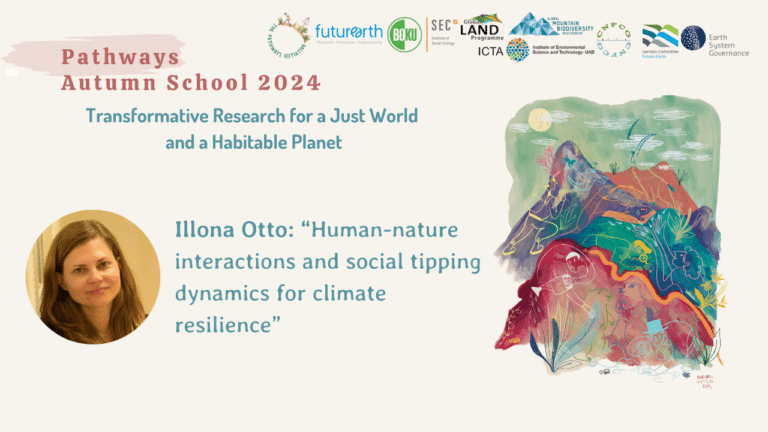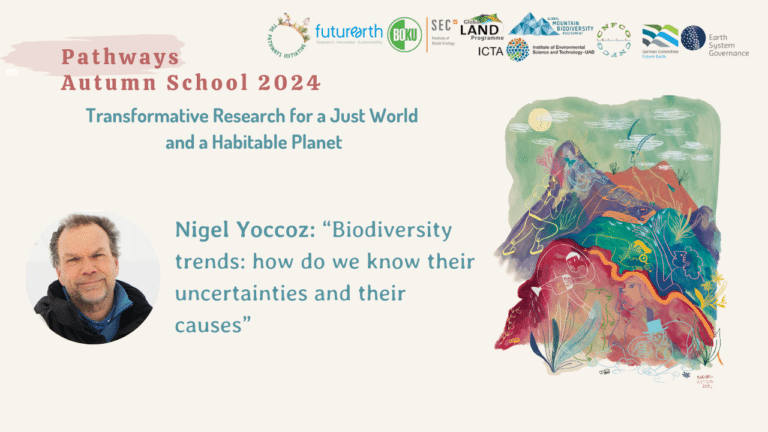2024 Annual Rencontres: Perspectives from the Participants

“Quelle est ma place? Quelle est ma légitimité au sein de toute cette diversité de recherche?”
-Santiago Sanchez-Moreano
This is the question Santiago Sanchez-Moreano and many others were asking themselves during the three day long Rencontres, the French sustainability science conference, organized by a committee of Future Earth France, Centre National de la Recherche Scientifique (CNRS), Institut de la Recherche en Développement (IRD), and Université de Lille.
The conference was brimming with academics, researchers, and professionals from a wide range of disciplines: Comedians, storytellers, physicists, economists, geologists, linguists, authors, sociologists, students, and more. They are all united by a concern to bring about socio-ecological transitions and a desire to transform their professional lives to remove the “dissonance between what you do as a researcher, how you live as a person, and how you act as a citizen” as Guillaume Dezecache puts it, a lead researcher at IRD, presenter and attendee.
The theme of the conference was ambitious and comprehensive; “how can we satisfy basic needs while learning to live within Earth’s limits?” The overarching question led to a mix of backgrounds that is essential for a sustainability conference, and created a space to learn from each other.
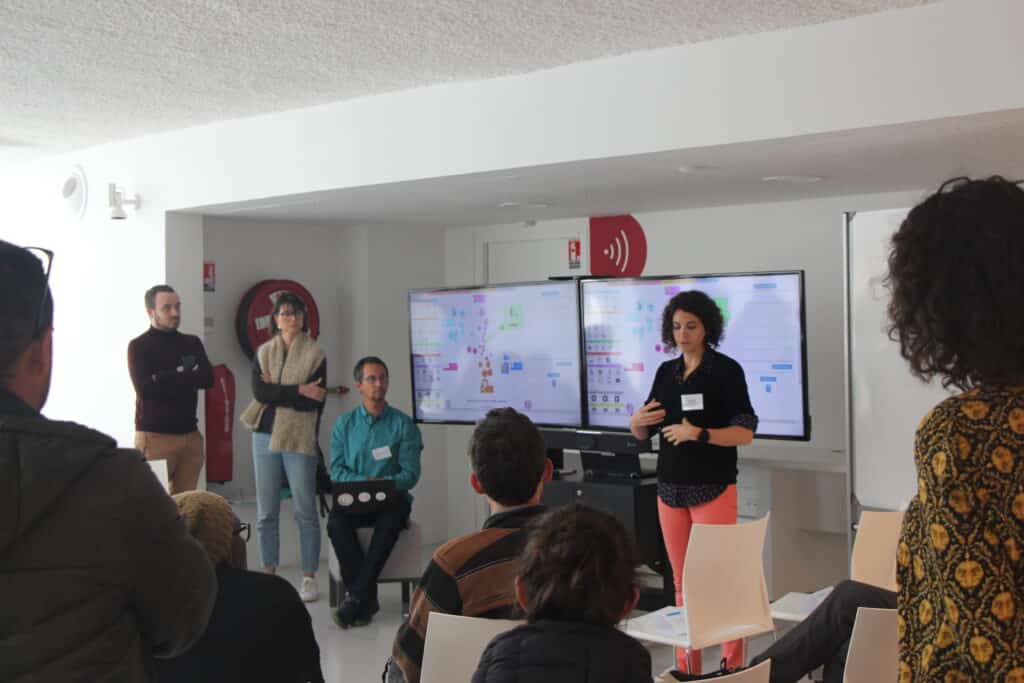
Cross-domain exchange and the importance of bottom-up input
Often the pull factor for the participants to the conference was its dedication to bring together academic and non-academic actors, as well as researchers from different disciplines. Sophia Guermi, a foresight practitioner and author, was attracted to the conference as a result of this cross-pollination between fields. As someone who takes a holistic approach to her environmentalism, she found that the conference was a welcome departure from the “isolated communities” of academia where she often feels like a link between divided groups of people.
To facilitate dialogue after the plenary sessions, a set of two presenters would spend equal time answering questions of the public audience. This caused some presenters like Dezecache to think in a new way about old work: “This morning I presented something and thought maybe I was wrong at this moment and this moment, and I couldn’t have gotten that from my academic colleagues.” New eyes and ears improved the quality of already established researchers’ work.

“The conference is very inviting to young researchers or people who don’t have a lot of funding.”
– Cyprien Brabant
Registration for the conference was free of charge, which allowed young researchers like Cyprien Brabant, a student searching for a PhD topic, to participate. By making the event dialogue-centric, inviting a variety of professionals, and removing monetary barriers when possible, a wider range of ideas emerged from a diverse set of people.
As a linguist working with people from the Amazon and Guyana, Sanchez-Moreano was drawn to this conference thanks to its mélange of ideas. For him, language is essential inside of sustainability research, as it defines how we relate to nature and define ourselves inside of it. He found the event to be a unique opportunity to be present as a linguist inside of a space traditionally reserved for sustainability scientists.
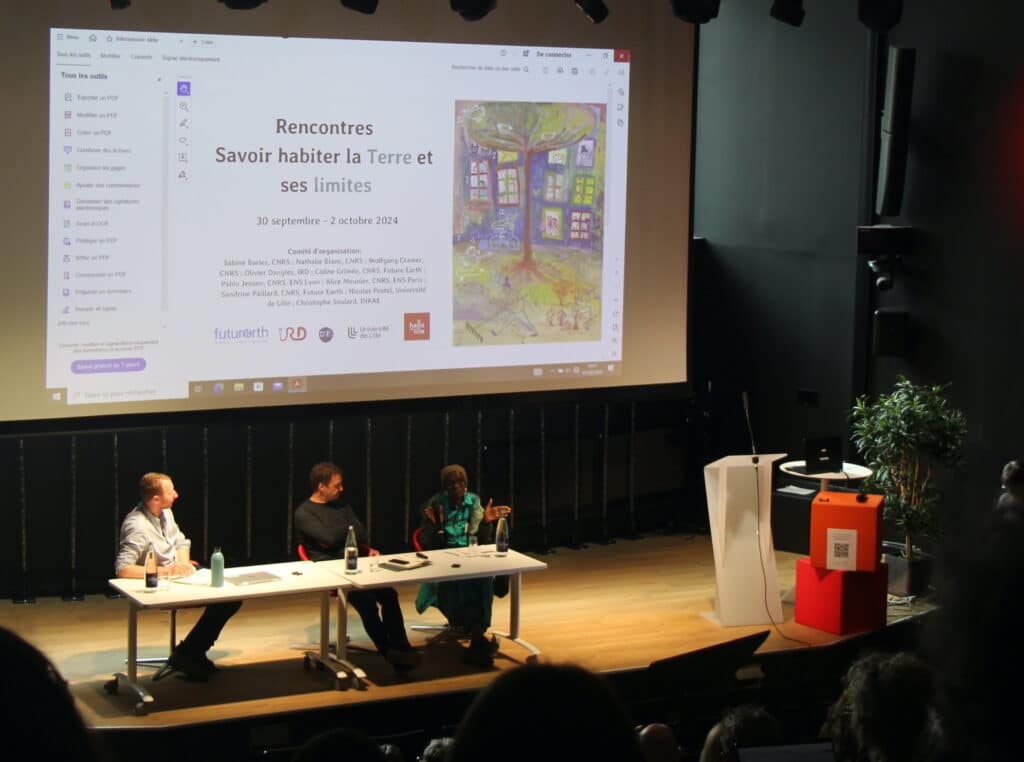
The Workshops
One of the crowning achievements of this year’s Rencontres was the inclusion of workshops within the programming. Most of the participants, presenters, and audience that attended the conference found the workshops to be the highlight of their three days. Twice a day, five simultaneous workshops would take place, totaling to 20 workshops for the duration of the conference.

-Guillame Dezecache
These workshops created a space for hands-on learning, self reflection, and intimate discussions. This allowed more attendees to present their ideas and to challenge their beliefs. The intimate nature of these discussions made it easier to have fruitful disagreements and created a welcoming space for disparate ideas. By combining workshops with panel Q&A’s, the conference was able to maintain a more spontaneous atmosphere of sharing and engagement.
Social Justice and Reflection
Transformative research relies on the understanding of a scientist as a participant within the field they study, as an active stakeholder . In the case of the conference, social justice and equality within research were a priority. To move towards these ideals, the Rencontres focused on unique organizing methods; free tickets, workshops, Q&A panels, and mobilizing a wide range of professionals to attend.
Much of the research surrounding inequality at the conference was focused on international environmental inequality and the inequality of burden. But, at a conference in France for Francophone researchers, the attendees overwhelmingly came from France and a majority were white passing. While this is a symptom of the larger sustainability community in France, it does not constitute an excuse for the lack of ethnic diversity despite the plethora of professional diversity. This was noted by some of the attendees present like Sanchez-Moreano, who emphasized that when science studies populations, it is important to include those populations in participative science and within dissemination of results. This is something next year’s conference can strive to achieve.
Nonetheless, the Rencontres acts as a unique space for members from a wide range of disciplines to discuss Earth’s habitability crisis. It is a long ongoing process to create a truly diverse and connected community of sustainability science researchers in France. The annual Rencontres has taken that process one step further.
The Rencontres were organized by Future Earth France along with CNRS, IRD, and Université de Lille with support from Hello Lille and hosted at Université de Lille. Zero-waste vegetarian food for the event was catered by Bonsigne. For more information on keynote speakers and the program, go to the Pathways Initiative’s Future Earth France’s LinkedIn and Website.
Article written by Kathryn Kaiser. Published 22 October 2024.
